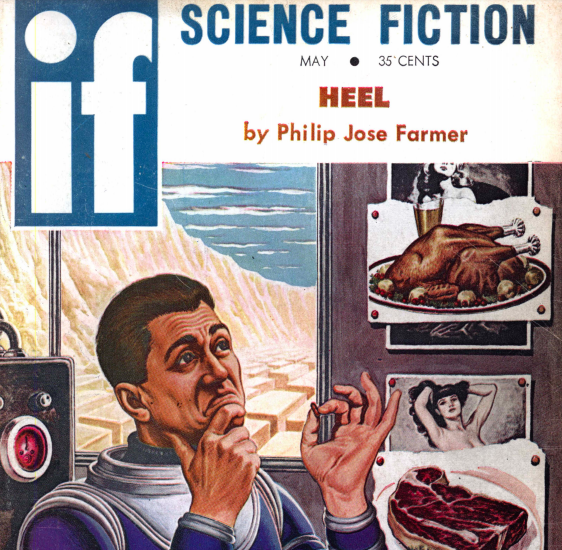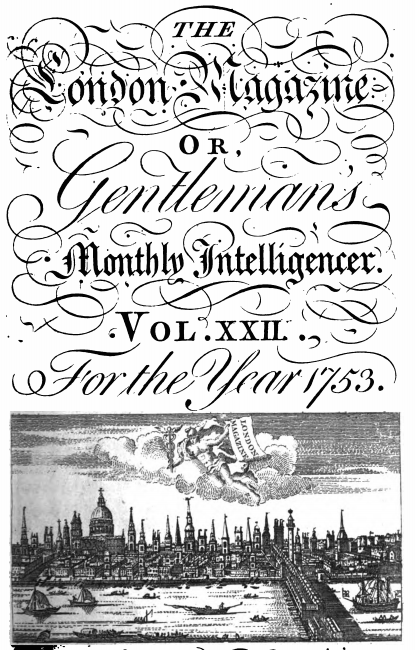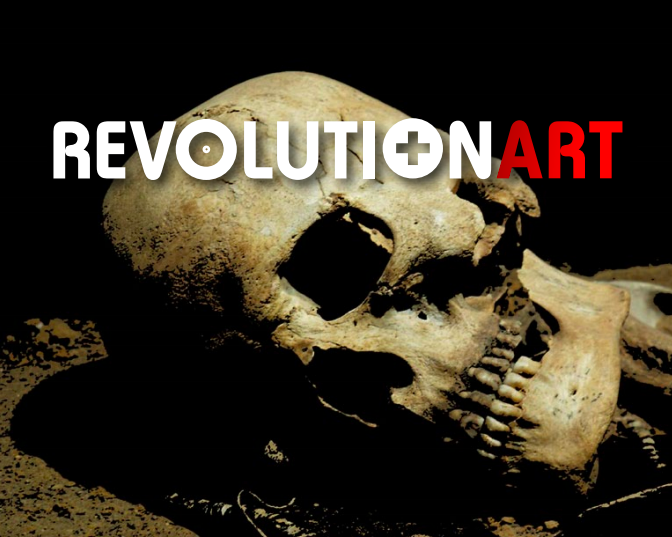I loved the idea of a vending machine, a dispensing machine that doesn’t dispense potato chips or beer or coffee for money but gives you art. I especially liked the fact that you didn’t put money in. — Filmmaker Francis Ford Coppola
Thusly did filmmaker Coppola arrange for a free Short Edition story vending machine to be installed in Café Zoetrope, his San Francisco restaurant.
The French-built machine is the perfect companion for solitary diners, freely dispensing tales on skinny, eco-friendly paper with the push of a button. Readers have a choice over the type of story—romantic, funny, scary—and the amount of time they’re willing to devote to it.
After which, they can perhaps begin the task of adapting it into a feature-length film script. Part of Coppola’s attraction to the form is that short stories, like movies, are intended to be consumed in a single sitting.
Short Edition, the Grenoble-based start-up, has been following up on the public’s embrace of the Café Zoetrope machine by sending even more short story kiosks stateside.
Columbus Public Health just unveiled one near the children’s area at its immunization clinic, providing Ohio kids and parents from mostly disadvantaged backgrounds with access to free literature while they wait.
Philadelphia’s Free Library won a grant to install four story dispensers, with more slated for locations in South Carolina and Kansas.
Part of the allure lays in receiving a tangible object. You can recycle your story into a bookmark, leave it for someone else to find, or—in Coppola’s words—save it for an “artistic lift” while “waiting for a bus, or marriage license, or lunch.”
A café patron described the cognitive dissonance of watching her cousin read the story the Zoetrope machine picked out for her:
The scene seemed archaic: a woman frozen in concentration, in the middle of a buzzing crowd, reading from a line of print instead of scrolling through Instagram, as one might normally do while sitting solo at a bar.
“When people ask [if] we have wifi for the kids,” Café Zoetrope’s general manager told Literary Hub, “We point to the machine and say, ‘No, but you have a story—you can read.’”
Those without access to a Short Edition story vending machine can get a feel for the experience digitally on the company’s website.
Scroll down to the dice icon, specify your preferred tone and a reading time between 1 and 5 minutes.
Or throw caution to the wind by hitting the search button sans specification, as I did to become the 3232nd reader of “Drowned,” a one-minute true crime story by Cléa Barreyre, translated from the French by Wendy Cross.
French speakers can also submit their writing. The vending machines’ stories are drawn from Short Edition’s online community, a trove of some 100,000 short stories by nearly 10,000 authors. Registering for a free account will allow you to read stories, after which you can toggle over to the French site to post your content through the orange author space portal at the top right of the page. The FAQ and Google Translate should come in handy here. The editors are currently reviewing submissions of comics, poems, and micro fiction for the Summer Grand Prix du Court, though again—only in French, for now.
Short Edition hopes to start considering other languages for vending machine content inclusion soon, beginning with English. For now, all stories being dispensed have been translated from the original French by British literary professionals.
Bon courage!
via Literary Hub
Related Content:
Read 19 Short Stories From Nobel Prize-Winning Writer Alice Munro Free Online
Napoleon’s Kindle: See the Miniaturized Traveling Library He Took on Military Campaigns
Discover the Jacobean Traveling Library: The 17th Century Precursor to the Kindle
Behold the “Book Wheel”: The Renaissance Invention Created to Make Books Portable & Help Scholars Study (1588)
Ayun Halliday is an author, illustrator, theater maker and Chief Primatologist of the East Village Inky zine. Join her in NYC on Monday, April 23 for the third installment of her literary-themed variety show, Necromancers of the Public Domain. Follow her @AyunHalliday.















